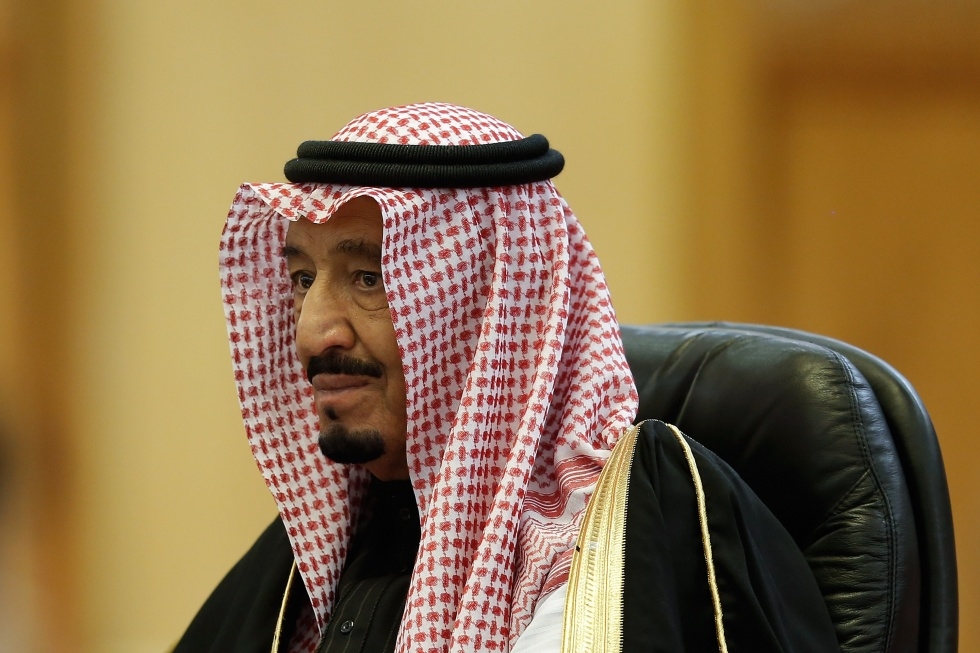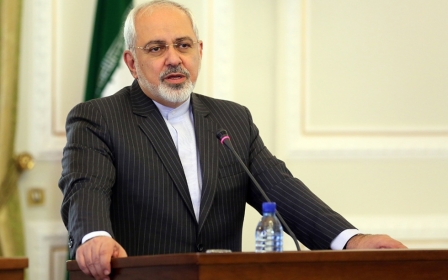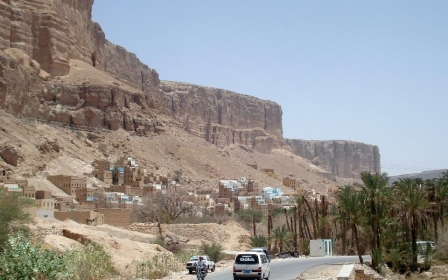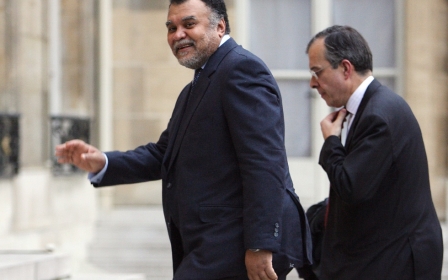Saudi Crown Prince arrives in Paris for talks on arms, threat of Islamic State

Saudi Arabia's crown prince arrived in Paris on Monday for talks with President Francois Hollande, which are likely to touch on a Saudi-financed French package of arms for Lebanon and cover the wider regional threat posed by militants including the Islamic State (IS).
Salman bin Abdul Aziz, who is also Saudi Arabia’s deputy prime minister and defence minister, will meet Hollande for an official dinner at the Elysee presidential palace.
The two are due to discuss a $3-billion package of French military equipment and arms for Lebanon's army that Riyadh has agreed to finance. The deal comes amid increasing Lebanese concerns that they face a grave threat from militants on its border with Syria.
Saudi Arabia's support for the arms deal puts them, perhaps surprisingly, on the same side as the Shiite Hezbollah movement in a battle with Sunni militants in Syria. Hezbollah has fought on the side of Syrian President Bashar al-Assad in a brutal civil war against Sunni rebel groups. Saudi Arabia has conversely supported the uprising against Assad's rule, although fears over the growth of the IS has led the kingdom to support efforts in combatting its rise.
Crown Prince Salman is also due to meet Foreign Minister Laurent Fabius on Wednesday for talks over the situation in Iraq and Syria, where IS militants have seized swathes of territory.
On Thursday, Hollande rejected any cooperation with Bashar al-Assad whom he accused of being a "de-facto ally" of IS militants, after the Syrian leader's regime said it was willing to work with the international community to tackle the group.
And in comments carried on national TV on Saturday, Saudi Arabia's King Abdullah warned the West would be the next target of the IS sweeping through Syria and Iraq, unless there is "rapid" action.
"If we ignore them, I am sure they will reach Europe in a month and America in another month," he said in remarks quoted on Saturday by Asharq al-Awsat daily and Saudi-backed Al-Arabiya television station.
Some analysts have suggested that King Abdullah's comments were designed to prompt more direct action by the West in confronting the IS. While the powerful Gulf State has stationed upwards of 30,000 soldiers on its northern border, after the IS seized control of south-western areas of Iraq, there have been reports that the kingdom faces a significant domestic threat due to strong in country support for the militant group.
95 percent of mentions on the pro-IS hashtags #TheAgeOfTheISISConquest and #ABillionMuslimsForTheVictoryOfTheISIS have emanated from Saudi Arabia, according to Vocativ. Commentators have also pointed to IS slogans being graffitied on buildings across the country as evidence of strong domestic support for the group, which is said to be causing worry among the state's rulers.
New MEE newsletter: Jerusalem Dispatch
Sign up to get the latest insights and analysis on Israel-Palestine, alongside Turkey Unpacked and other MEE newsletters
Middle East Eye delivers independent and unrivalled coverage and analysis of the Middle East, North Africa and beyond. To learn more about republishing this content and the associated fees, please fill out this form. More about MEE can be found here.




